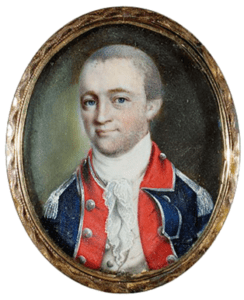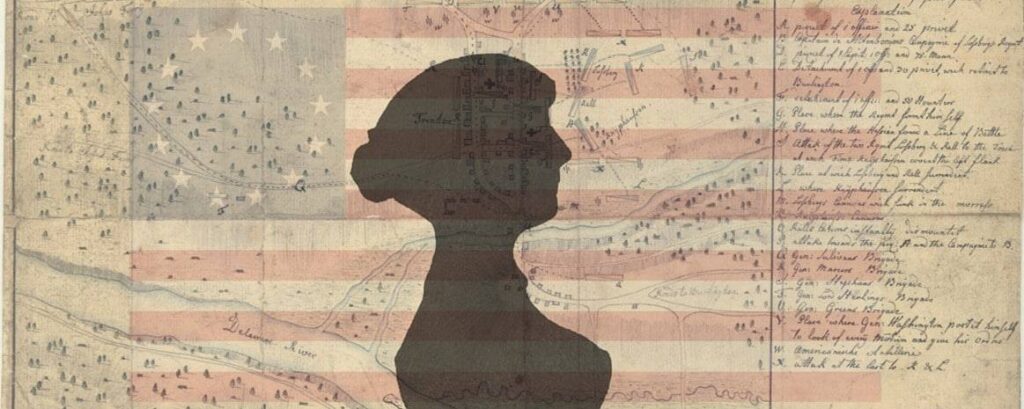During the American Revolution, the battlefield wasn’t just on the front lines—it was in secret back rooms, whispered exchanges, and apparently invisble ink. General George Washington, revered for his leadership and military strategy, was also a master of espionage. One of his lesser-known but critical tactics involved invisible ink, a clever way to pass messages without the enemy ever knowing they were there. In the cloak-and-dagger world of Revolutionary War espionage, this secret ink played a pivotal role in securing American independence.
The Problem of British Spies
As the colonies revolted against British rule in the late 18th century, the Continental Army found itself at a significant disadvantage. The British Army was larger, better funded, and more experienced. But while Washington couldn’t match their firepower, he could outsmart them, especially when it came to intelligence.
The British had spies scattered throughout the colonies, and any intercepted communication was a potential disaster. Sending critical information by letter was risky because couriers could be captured, and written orders could fall into enemy hands. Washington needed a way to send messages without exposing his plans.
Enter Invisible Ink
The idea of invisible ink wasn’t entirely new, but Washington and his intelligence officers took it to a new level. The ink they used, known as “sympathetic stain,” was a mixture of chemicals that could be applied to paper, drying invisible and undetectable. To the naked eye, it looked like an empty page. The magic came when the paper was exposed to heat or treated with a special reagent, revealing the secret message hidden in plain sight.
Washington entrusted this clever technique to his most trusted spies, a group known as the Culper Spy Ring, overseen by Benjamin Tallmadge. This clandestine network operated primarily in British-occupied New York and Long Island, feeding vital intelligence to Washington. The spies, operating under aliases like Samuel Culper Sr. and Jr., used invisible ink to pass on British troop movements, military strategies, and other critical information. Washington could now make strategic decisions based on real-time data, without tipping off the enemy.

A Woman at the Center: Agent 355
One of the most fascinating figures in Washington’s spy network was a mysterious woman known only as Agent 355. Her real identity remains a mystery to this day, but she is believed to have been a prominent socialite in British-occupied New York, someone with access to high-ranking British officers. As a woman in a male-dominated world, she was able to gather information without arousing suspicion—an advantage her male counterparts didn’t have.
Agent 355 is thought to have played a crucial role in exposing the treachery of Benedict Arnold, the infamous American general who turned traitor and plotted to surrender the critical fort at West Point to the British. Thanks to the intelligence gathered by spies like Agent 355, Arnold’s plan was foiled, and the Continental Army held on to West Point, a vital stronghold in the war.

The Culper Spy Ring’s Legacy
Washington’s use of invisible ink and his network of spies provided a critical edge to the American cause. The Culper Spy Ring’s intelligence was so accurate and effective that Washington later credited their efforts with helping him win the war. Unlike traditional warfare, espionage was often an invisible battle, one fought in shadows and secrecy. And in this game of cat and mouse, invisible ink proved to be a powerful weapon.
After the war, Washington’s spy network dissolved, and many of its members faded into history. But their contributions remain an extraordinary chapter in the story of American independence. Invisible ink may seem like a simple trick, but in the hands of Washington and his spies, it became a tool that helped shape the future of a nation.
In an age when cryptic codes and surveillance dominate modern intelligence, it’s fascinating to remember that some of the earliest, most crucial steps in American espionage were taken with a little ink that couldn’t be seen.
Sensible or Not Sensible?
Learn how our readers determine whether a post in Sensible or Not Sensible